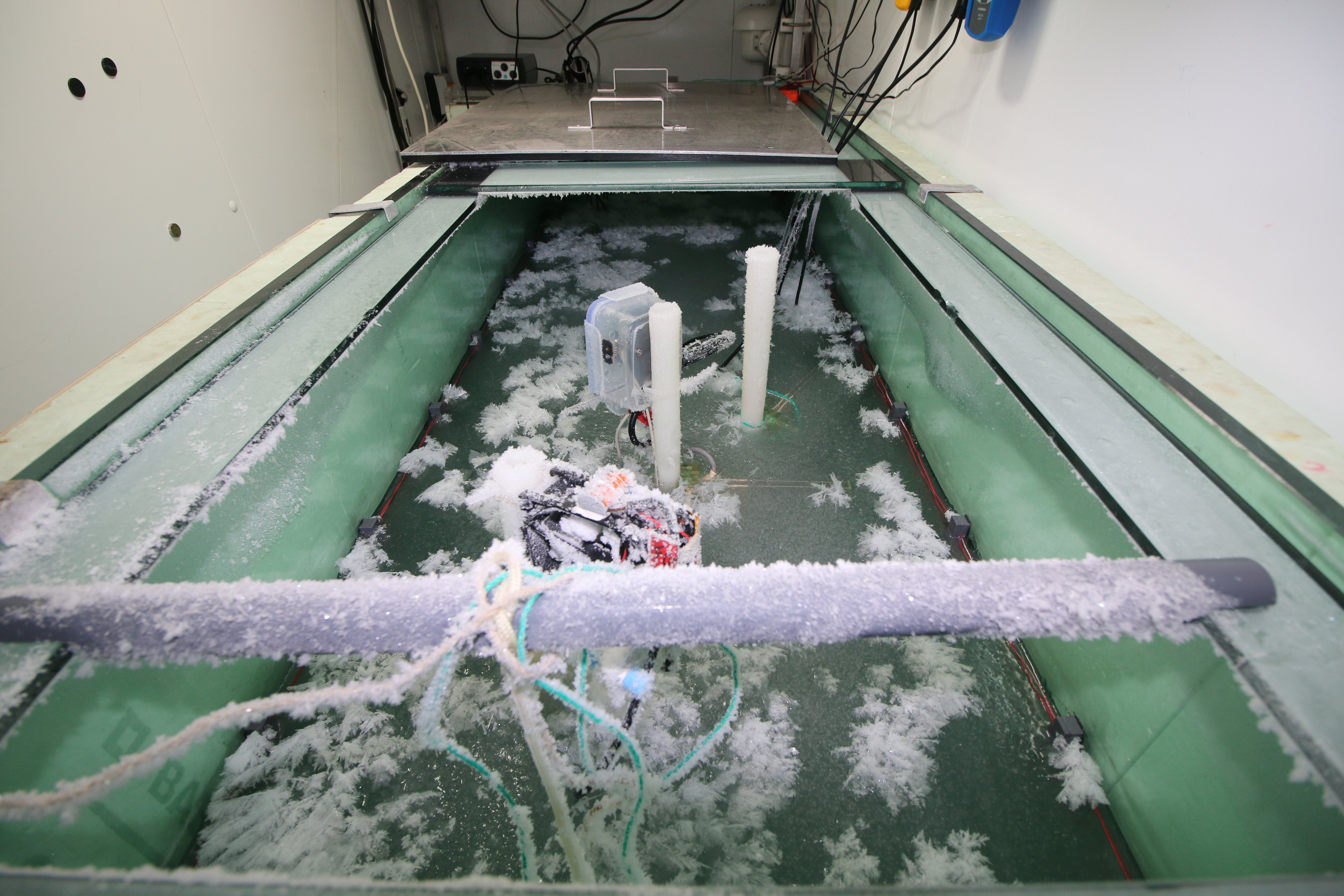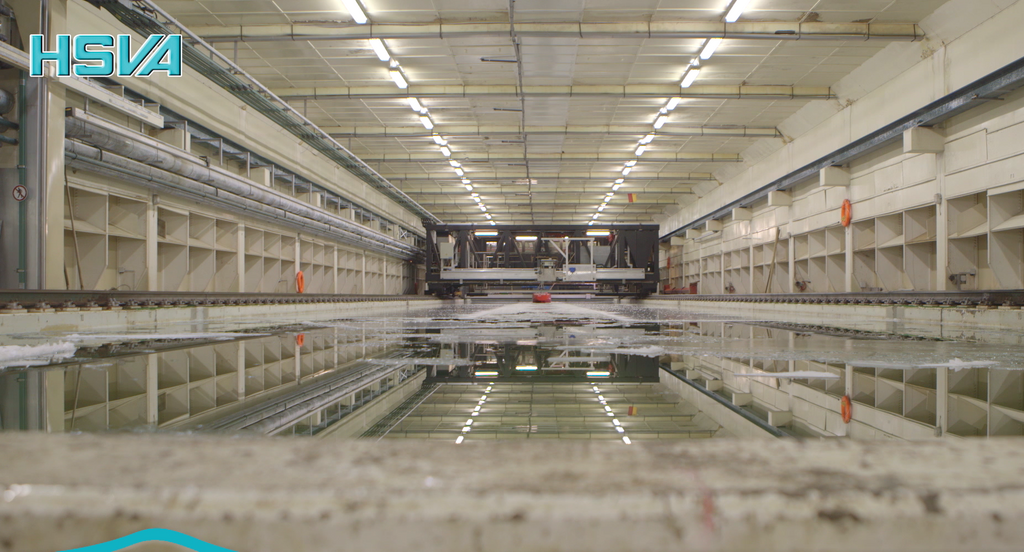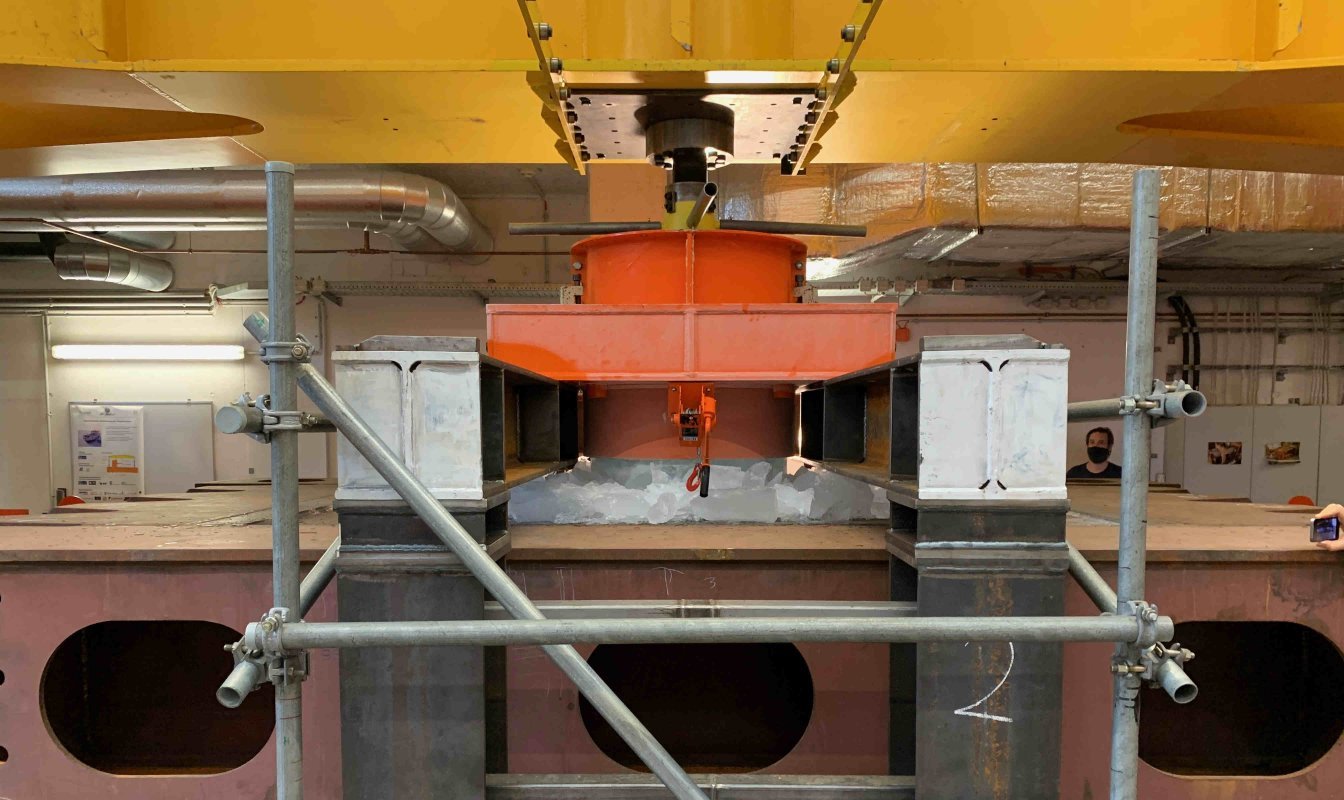Who we are
Hamburg Ice Lab is a platform representing the unique clustering of ice laboratory research facilities in Hamburg.
Information & Support
Through the combined expertise of leading researchers from different institutions, all working on different aspects on sea ice, we help you with information about all the possible ways to achieve your research goal.
Joint Research
Three highly specialized ice laboratories and research groups in the heart of Hamburg frame the full spectrum of ice and sea-ice research from physical to structural and material properties. We bridge the gap between different disciplines.
Joint Services
We increase collaboration constantly to strengthen the ice research competence in Hamburg. A process in which we want to involve potential users and inform the community.
What we offer
Being connected to universities, research institutes, and to industry, our experts provide you with the joint competence to help you with your research projects.
Researcher
We support you and your lab with various tools and facilities for your research, ranging from basic insights on ice structure to mechanical and material properties.
Students
If you want to write your final thesis on an ice or sea-ice related topic, or if you want to follow your own project: feel free to contact us and we discuss the possibilities that we see for your study project.
Industry
Hamburg Ice Lab provides various technologies for research related to shipping industries, device development, etc.
Team
A joint team of ice experts from the three institutions supports you in the planning and implementation of your projects.
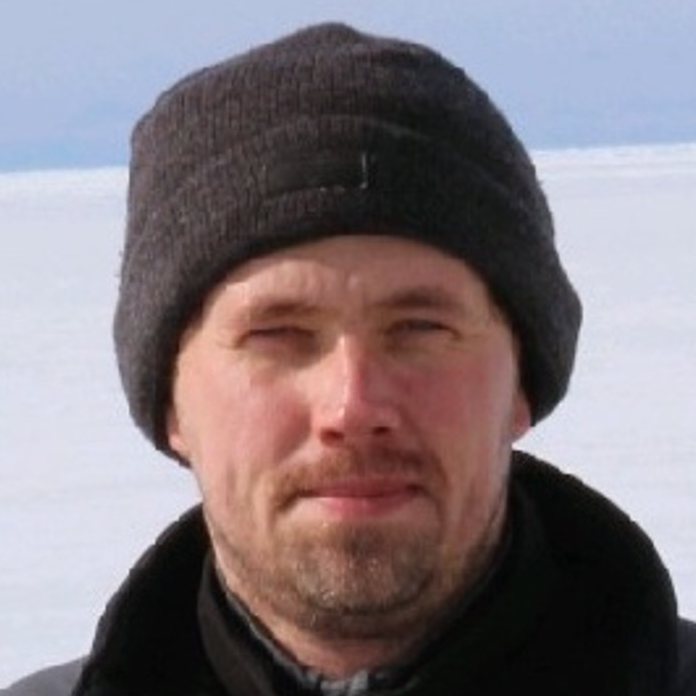
Nils Reimer
Division Manager
Arctic Technology
HSVA

Tarek Wirth
Senior Researcher
Project Engineer Experiments
HSVA

Franz von Bock und Polach
Head of the Institute for Ship Structural Design and Analysis
TUHH
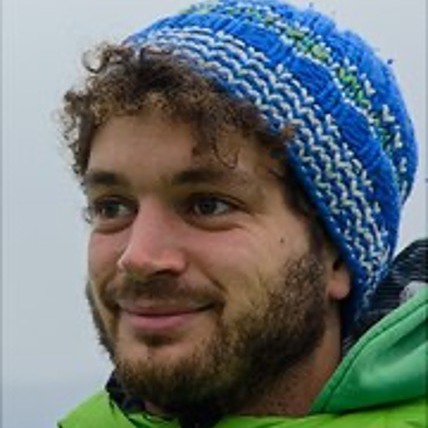
Niels Fuchs
Researcher
Icelab UHH
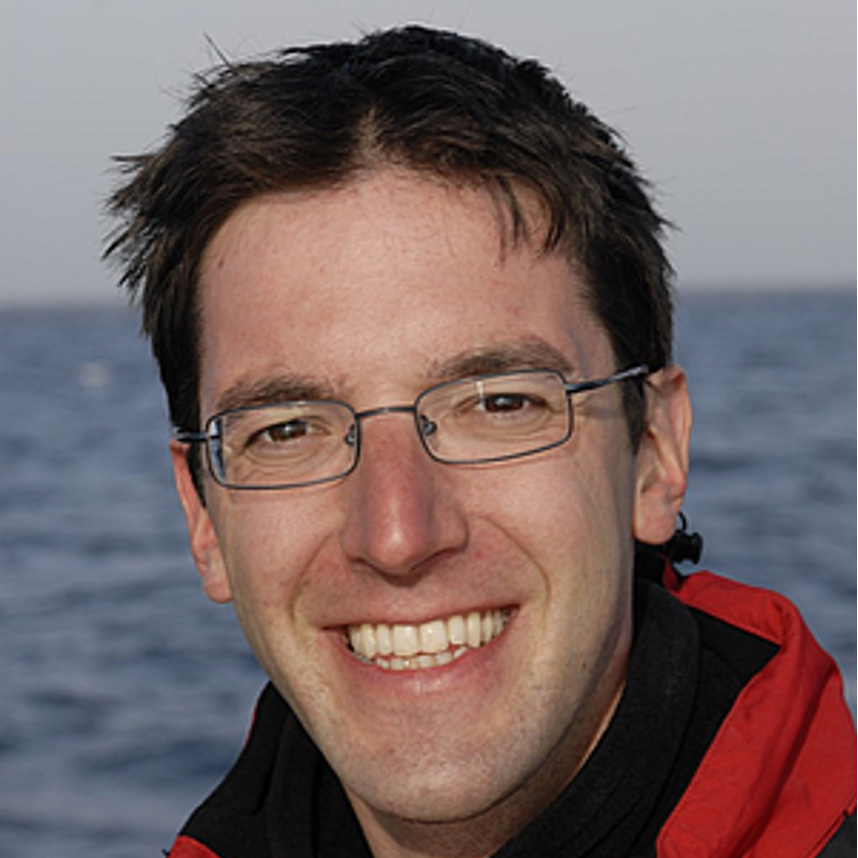
Dirk Notz
Sea ice research group
Institute for Oceanography
Universität Hamburg

Markus Ritschel
Researcher
Website design and Icelab UHH
Facilities
MPI-M & UHH
HSVA
TUHH
Positions & Research calls
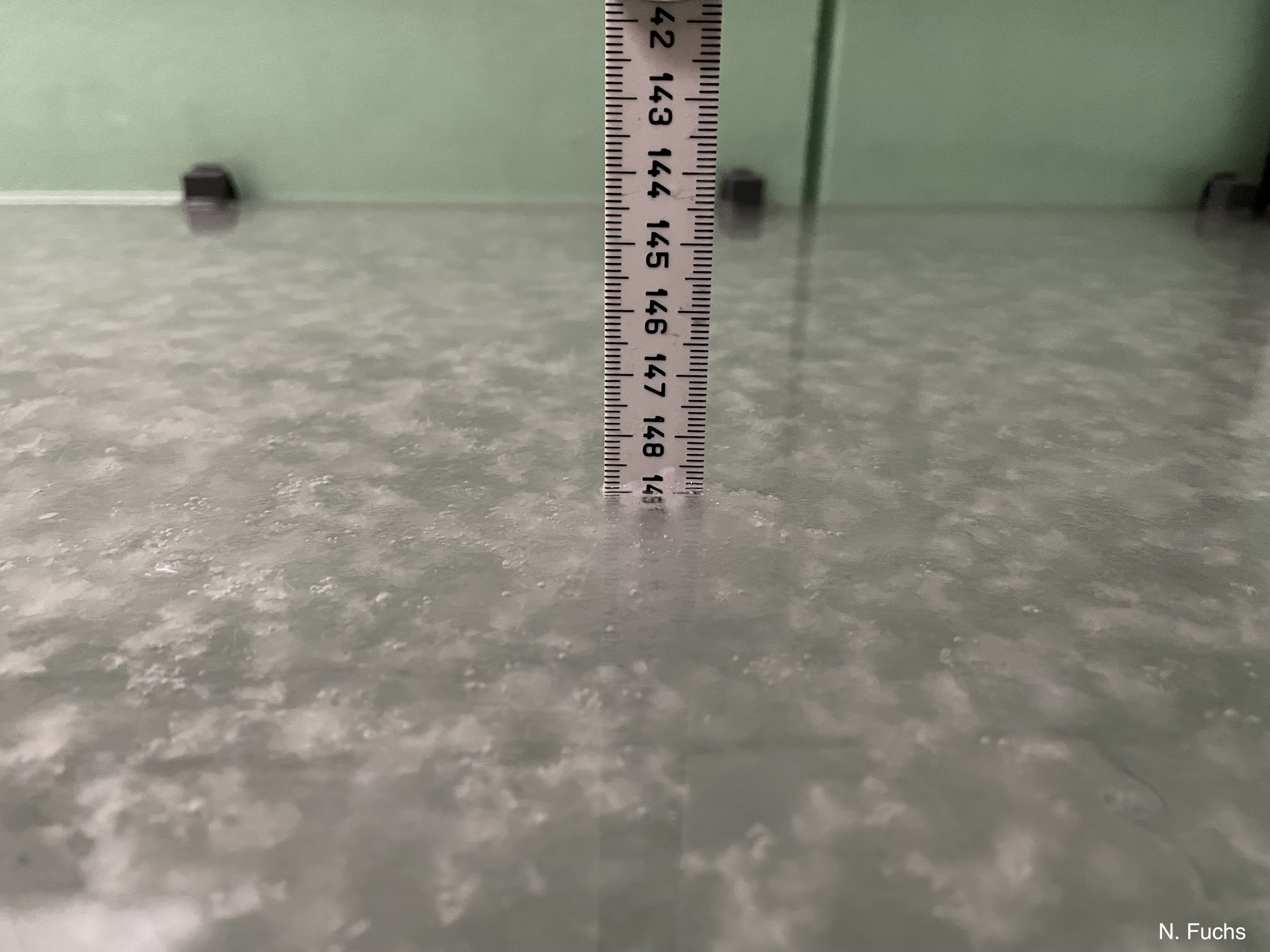
In the ice laboratory of the Sea Ice Group at the Institute of Oceanography at the University of Hamburg, methods for determining the thickness of sea ice are currently being investigated in cooperation with HafenCity University. Acoustic sensors under and above the ice are to be used for this. In the bachelor thesis, a combined measuring system is to be developed that combines underwater measurements from echo sounders with ultrasound measurements from above. For this purpose, a low-cost ultrasonic sensor controlled by an Arduino is to be set up, tested and its measurement accuracy determined under the extreme environmental conditions in the ice laboratory.
Requirements: Interest in working with sensors and in programming (python, Arduino / C, C++).
Contact:,
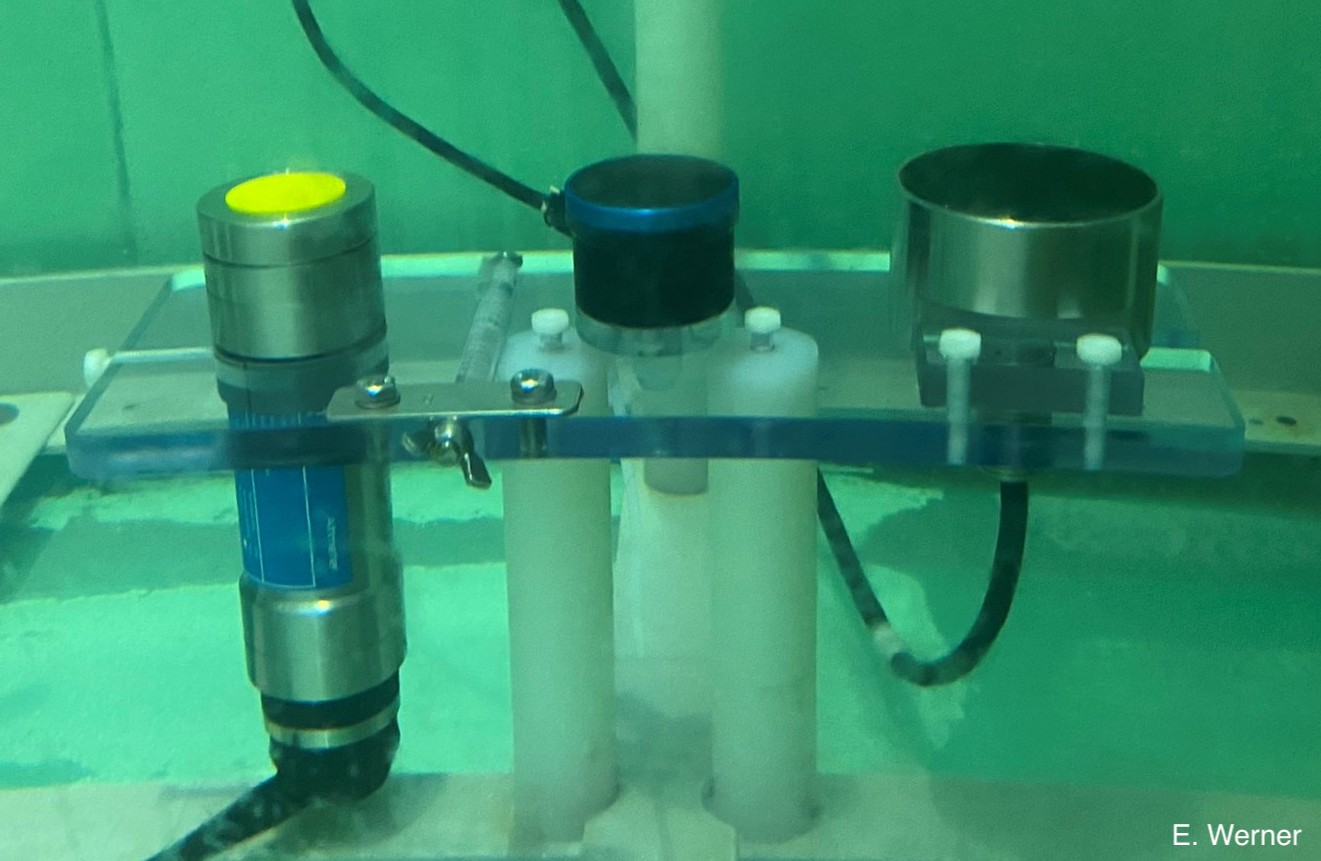
The Sea Ice Research Group at the Institute of Oceanography, Universität Hamburg, holds an ice laboratory for small scale experiments on artificially grown sea ice. Acoustic range measurements provide a possible approach to monitor the sea ice growth and decay in the laboratory water tank by using upward looking sonars. Accurate detections are however challenging due to complex physical properties of the sea ice bottom. In a previous master thesis, a first sensor system consisting of three commercial single-beam echo sounders operating at different frequencies has been built and a first accuracy analysis has been conducted. The experiments showed promising results that an accuracy of ±0.5 cm can be reached under certain circumstances; however further investigations are required.
The thesis project, proposed in cooperation with the HafenCity University, Hamburg, should advance the integration of the sensor setup and improve our understanding of the effects of environmental parameters and sea ice properties on acoustic ice thickness determination. This will also support the application of similar methods in Polar regions. In particular, the project will focus on the acoustic backscatter signal, different phases of sea ice growth and decay, and data filtering techniques and synthesize the results into a tailored distance detection algorithm incl. accuracy assessment. Own experiments should be performed in the sea ice laboratory and other strategies / methods of sea-ice thickness determination can be developed.
Requirements: Necessary for the work are interest in sea ice / an interdisciplinary topic, working in a laboratory, basic knowledge in Python, very useful is knowledge in interface technology, data acquisition techniques and Arduino (C, C++) programming.
Contact:,
Contact
To contact us, please send us a message to .

